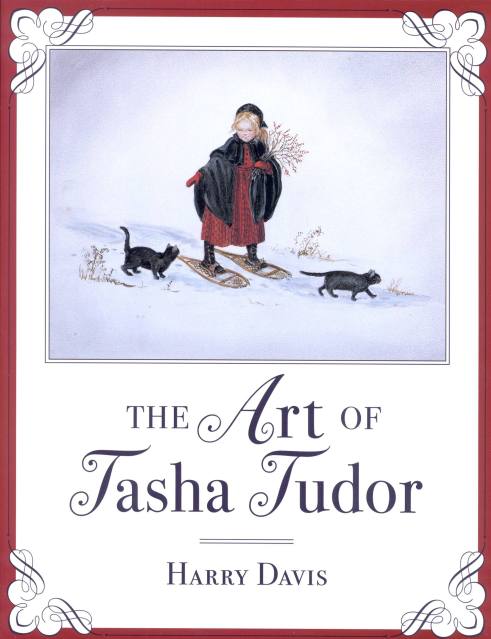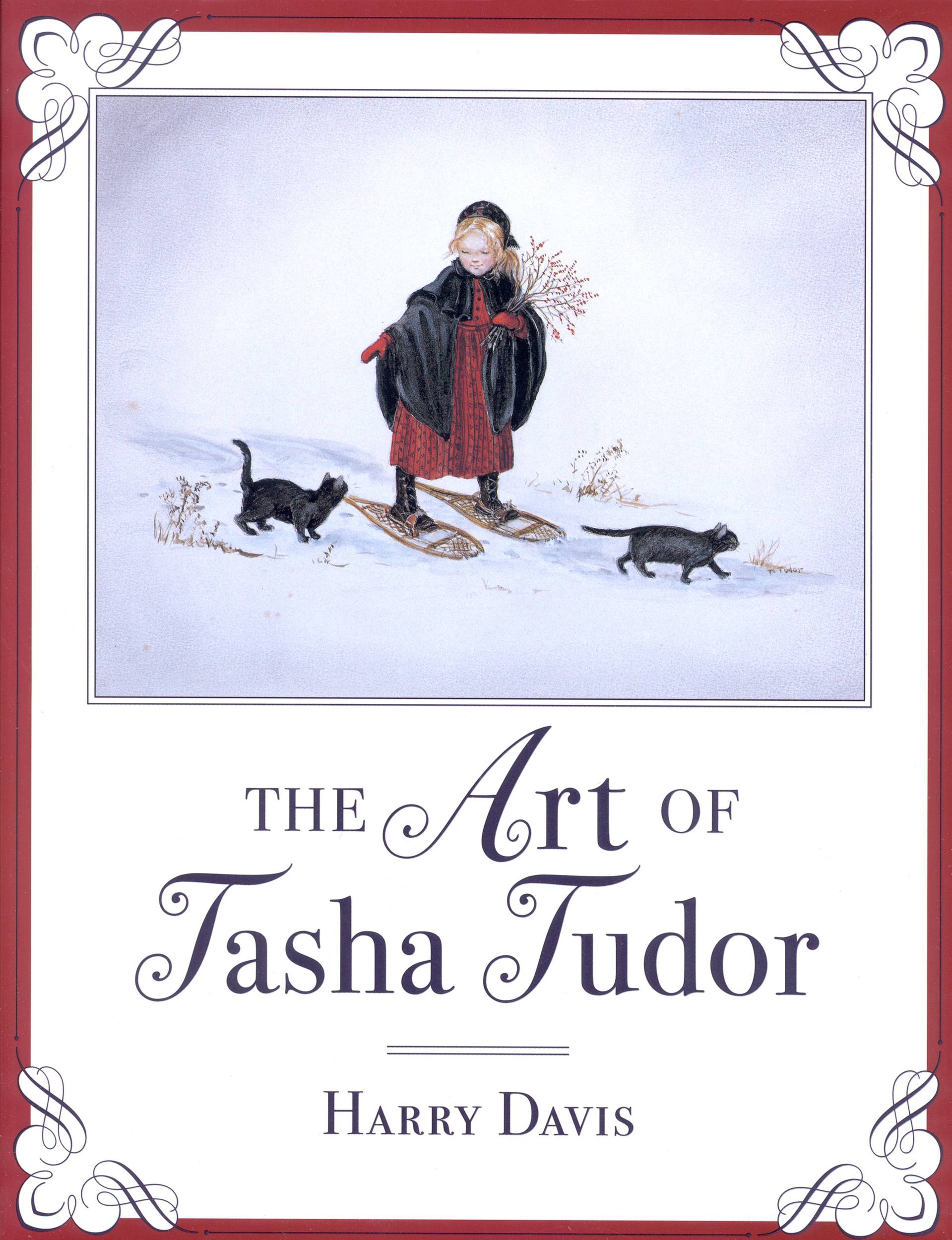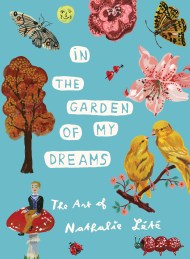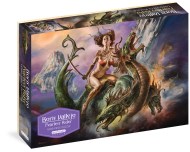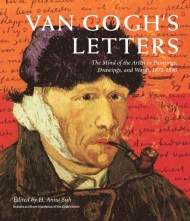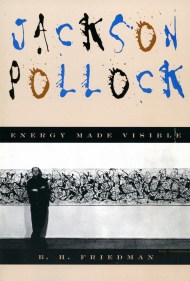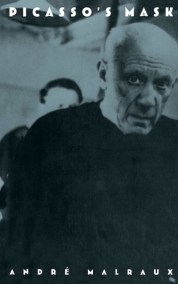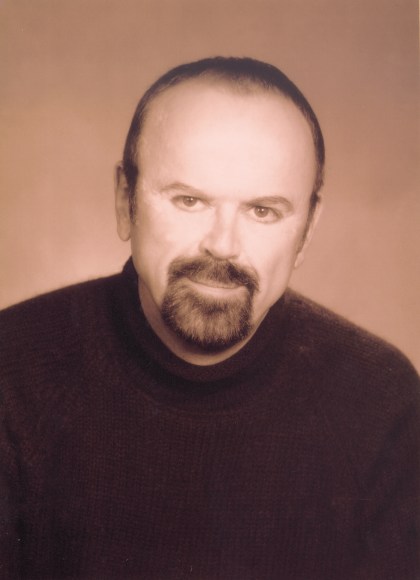Promotion
Use code MOM24 for 20% off site wide + free shipping over $45
The Art of Tasha Tudor
Contributors
By Harry Davis
Formats and Prices
Price
$16.99Price
$21.99 CADFormat
Format:
ebook $16.99 $21.99 CADThis item is a preorder. Your payment method will be charged immediately, and the product is expected to ship on or around December 14, 2008. This date is subject to change due to shipping delays beyond our control.
Also available from:
This is the definitive book on Tasha Tudor’s art, including more than 150 of her finest paintings and drawings with an informative biographical text.
Genre:
- On Sale
- Dec 14, 2008
- Page Count
- 160 pages
- Publisher
- Little, Brown and Company
- ISBN-13
- 9780316054829
Newsletter Signup
By clicking ‘Sign Up,’ I acknowledge that I have read and agree to Hachette Book Group’s Privacy Policy and Terms of Use
